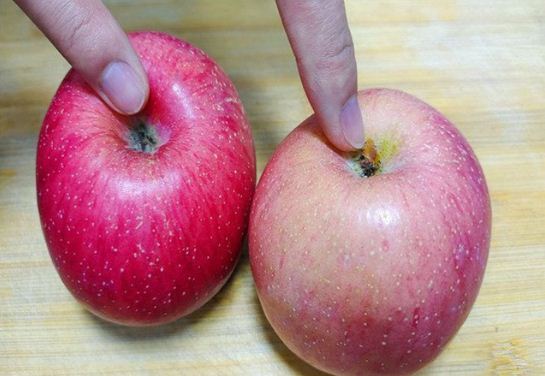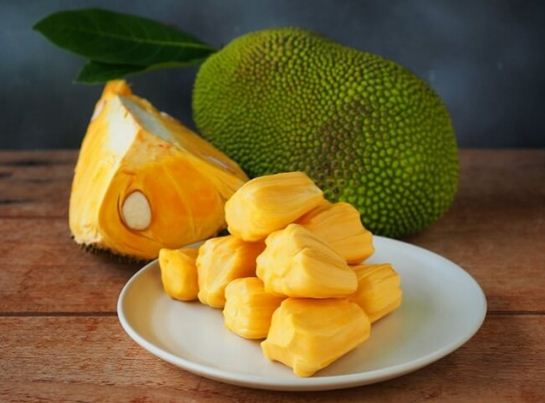How to Choose Fruits With Fewer Pesticides
Apples
Apples are a popular and nutritious fruit, rich in vitamins. However, some farmers use illegal pesticides on young apples to ensure a smooth, blemish-free appearance, which fetches a higher price. These pesticides can be harmful to consumers, so it’s important to be cautious when buying or eating apples. You can identify apples treated with such pesticides by the white spots inside the bag they are wrapped in. Always wash apples thoroughly and consider peeling them to minimize any potential toxic effects.

Here are some tips for choosing a delicious, juicy apple with fewer chemicals:
– Inspect the apple’s skin: Avoid apples with smooth skins, and instead, opt for those with a rough texture. Generally, sweet apples have rougher skins, indicating adequate sunlight exposure. Smooth-skinned apples are usually sour.
– Consider the size: Choose apples that are slightly larger than a tennis ball. Avoid very small or large apples. Oversized apples may have been treated with growth stimulants, while very small apples are often sour or forced to ripen prematurely.
– Examine the stem: Freshly harvested apples will have fresh, firmly attached stems. Avoid apples with missing or dried stems.
– Heft the apple: A juicy, delicious apple will feel round, solid, and heavy for its size. It should feel firm and springy when pressed, and a crisp, clear sound when tapped indicates a tasty, crisp apple.
Jackfruit
Jackfruit is a popular fruit in Vietnam and has a positive reputation for its nutritional benefits. According to Vietnamnet, jackfruit is rich in various nutrients, including water (72.3%), protein (1.7%), glucid (23.7%), and lipid (0.3%). It is also a good source of calcium, phosphorus, iron, sodium, and potassium, providing 94 calories per 100g serving. In traditional medicine, jackfruit is believed to improve digestion, boost energy levels, and promote clear skin.
Jackfruit offers numerous health benefits, including boosting immunity and potentially reducing the risk of cancer. However, it’s important to consume jackfruit in moderation due to its high natural sugar content, which can cause digestive issues if eaten in excess. Jackfruit is also considered a heaty fruit in traditional medicine, so those prone to skin allergies or rashes should be cautious.
For those with digestive issues, it’s best to eat jackfruit 1-2 hours after breakfast or lunch. Combining jackfruit with other ripe fruits can provide a balanced intake of vitamins and minerals.
During the summer, jackfruit is in season, but it’s important to be cautious as some farmers may use excessive chemicals to ripen the fruit artificially, as reported by Tien Phong. Here are some tips for choosing a ripe, chemical-free jackfruit:

– Shape: Look for a round jackfruit with no indentations or sunken areas, which may indicate worm damage or excessive fiber.
– Spines: The spines should be short, broad, and well-separated, indicating a ripe fruit.
– Sound: A ripe jackfruit will sound hollow when thumped and feel slightly soft when pressed.
– Color: If buying pre-cut jackfruit, choose pieces with a bright yellow hue, indicating ripeness.
Tips for Washing Fruits to Remove Pesticides
In addition to thoroughly rinsing fruits with water and soaking them in a dilute salt solution, you can also use turmeric powder. Turmeric has strong antiseptic properties and is effective against bacteria and pesticides. Simply add 5 teaspoons of turmeric powder to a pot of boiling water (adjust the amount according to the quantity of fruit), stir well, and allow the solution to cool. Soak the fruits in this solution for about 15 minutes, and then rinse them again with clean water. According to Lao Dong, this method effectively removes any harmful residues.






































